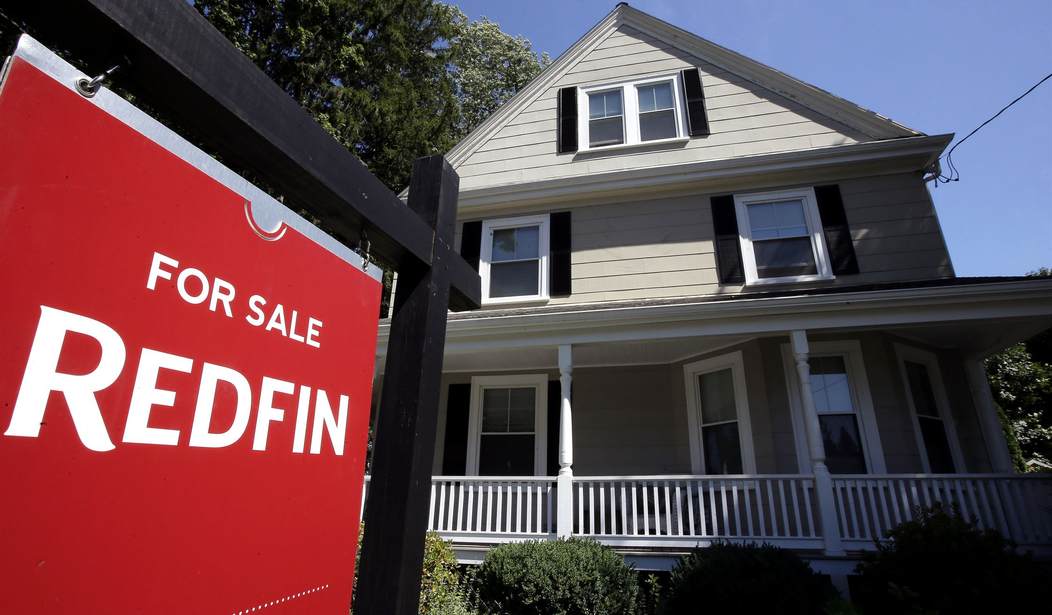Your house should be your most expensive purchase, so the saying goes. Not these days. Today, health care costs make most mortgages look like loose change on the sidewalk. Your home or your vacation or your children’s future should be where your money goes—not to some plastic card in your wallet.
Here’s how I threw away that expensive piece of plastic and kept my money for the things I want to spend it on.
I opened my own medical practice five years ago, after resigning from my position as a physician at a hospital. Resigning meant I lost my health insurance. So, I set out to navigate the individual market. My jaw dropped when I saw the $26,000 premium for health insurance for my family of four. That’s a new car every year, I thought, except I don’t get to drive anything. Instead, I get the dubious honor of carrying a gold plan PPO card in my wallet.
As I digested that first quote of $26,000, I recognized that was the cost even before any care would be provided. Even as a I earned a physician’s salary, I cringed.
So, I looked for a way to find quality coverage, great care, and better savings. I discovered health-sharing ministries. These forms of non-insurance health care coverage are based on the Christian principles of sharing each other’s burdens. At first glance, it’s not the insurance we’re accustomed to: members share each other’s medical expenses by sending monthly “shares” directly to fellow plan participants who are sick. This bypasses the costly insurance company bureaucracy and allows health sharing ministries to provide great coverage with less intrusion at less cost.
Recommended
After my wife and I looked through several sharing ministries, we chose Samaritan Ministries. At first, we felt odd sending our monthly shares (think “premiums”) directly to another person instead of to an insurance company. But we quickly saw that sending our money to people in need, rather than a faceless insurance company lining its bottom line, provided unanticipated value that went beyond our budget. Acknowledgements arrived in our mail from people receiving the help. What insurance company sends a “thank you” for receiving my premium? Our children joined in, writing “get well” messages to send with our shares, helping them learn the value of giving.
With our coverage now arranged through Samaritan Ministries, we turned to looking for medical care at a good price. As a direct primary care (DPC) physician, I knew this new membership model could cut costs. For a low monthly rate, DPC doctors see patients as much as they need without copayments. Many DPC doctors also have significantly discounted labs, meds, and imaging services, which are frequently less expensive than insurance-based copayments. This makes finding quality care more affordable and less entrenched in fear of being punished with an exorbitant bill from fee-for-service care. DPC is personal, affordable, and predictable.
This combining of the cost-effective care found in DPC with the cost-effective coverage of health sharing meant the best of both worlds for my family and me. For $730 a month, my entire family was covered for catastrophic care, and we had unlimited primary care physician visits (with discounted labs, meds, and imaging).
This is dramatically less than the monthly $2,170 I would have paid for the traditional insurance premium alone before I even saw a physician. That translated to a savings of $172,800 per decade, or the equivalent of buying a new house—with cash—every 10 years.
So, what of all those savings I’ve had in healthcare? Well, I can say it has a great living room.
Dr. Chad Savage is the founder of YourChoice Direct Care in Brighton, Michigan.

























Join the conversation as a VIP Member